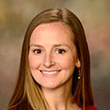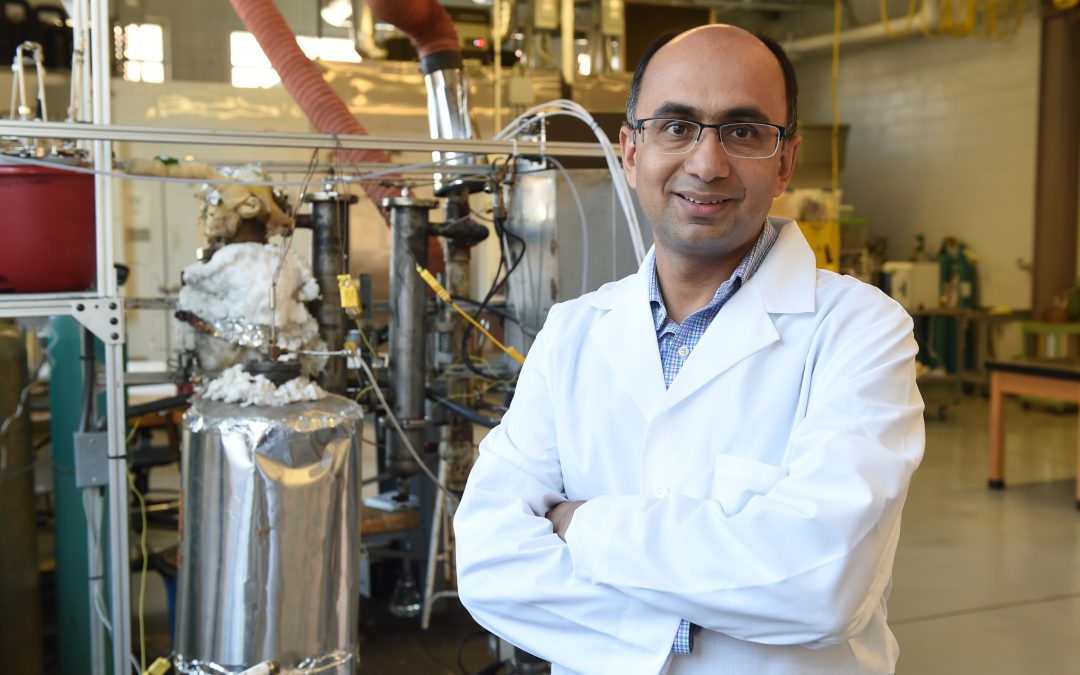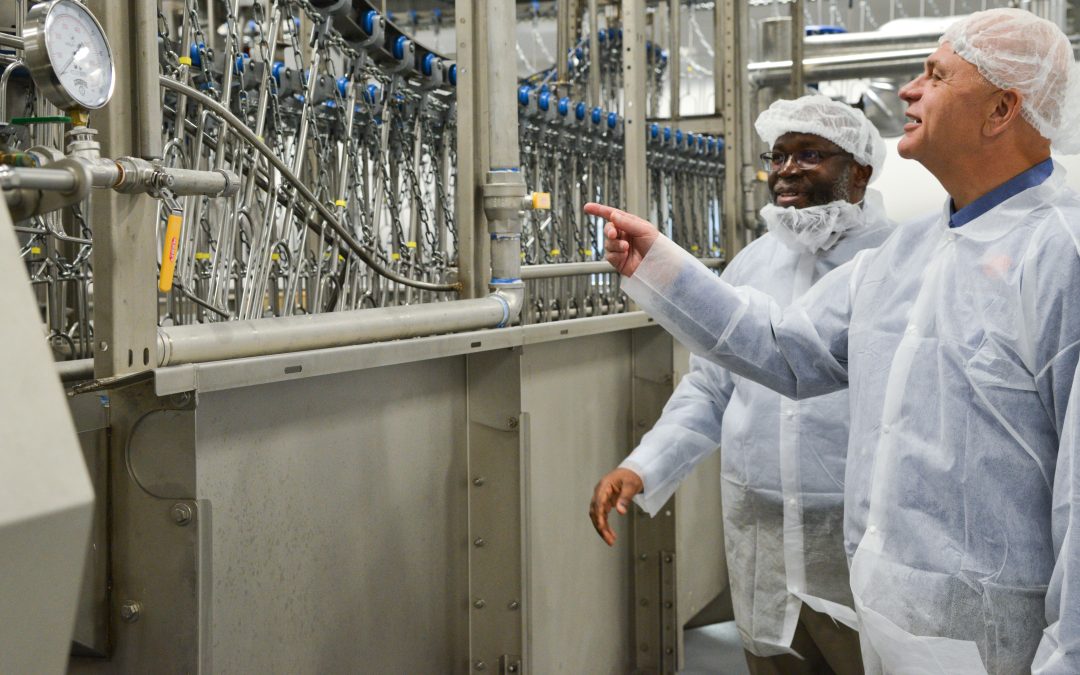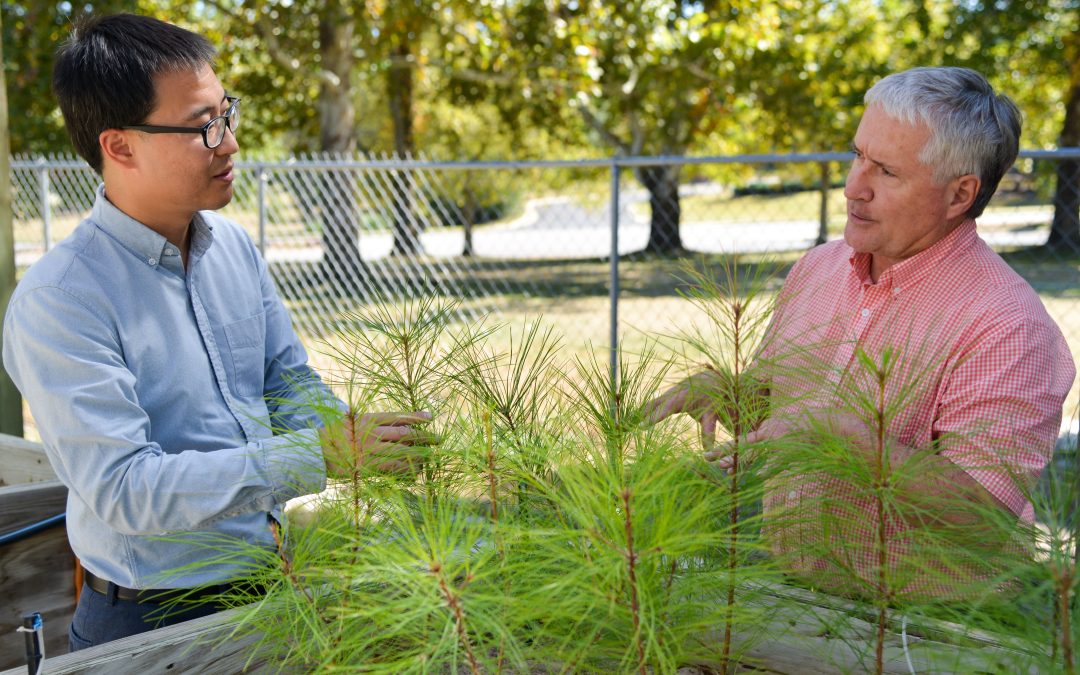
A multidisciplinary team of researchers based at Auburn will soon begin work to develop new bioproducts from Alabama trees and grasses. Team members from Auburn University are, from left, Xinyu Zhang and Maria Auad of the Department of Polymer and Fiber Engineering, Sushil Adhikari of the Department of Biosystems Engineering and Brian Via of the School of Forestry and Wildlife Sciences. Team member Ajay Shah of the Ohio State University College of Food, Agricultural and Biological Sciences is not pictured.
A team of Auburn University researchers is looking to create new markets and job opportunities in forestry, an industry that generates more than $21 billion in this state annually and employs more than 122,000 Alabamians.
Led by Sushil Adhikari of Auburn’s Department of Biosytems Engineering, the team is hoping to use Alabama trees and grasses to create new bioproducts that will compete with traditional products totaling nearly $5 billion in annual revenue in North America alone. Utilizing a grant of $494,336 from USDA’s National Institute of Food and Agriculture, the study aims to use locally grown biomass to replace petroleum-based adhesives and conductive paints.
The study has been funded for three years, during which the researchers will examine different techniques to increase phenol concentration in pyrolysis oil and use pyrolysis oil to produce novalac resins, which will then be used to produce adhesives for producing bio-composites and anticorrosive paints. By doing so, the team hopes to move closer to finding sustainable and innovative ways to produce new products from plant materials instead of fossil fuels.
The only study of its kind in the U.S., it will take place primarily at Auburn University and will involve researchers from the colleges of Agriculture and Engineering, the School of Forestry and Wildlife Sciences and the Ohio State University College of Food, Agricultural and Biological Sciences. The other team members of this project are Maria Auad and Xinyu Zhang from polymer and fiber engineering, Brian Via from the Forest Products Laboratory and Ajay Shah from OSU.
Adhikari, an associate professor of biosystems engineering and a researcher with the Alabama Agricultural Experiment Station, says the work could help stem worldwide dependence on petroleum while creating a new market for Southeastern forest products.
“If the project is successful, we will be producing adhesives similar to phenol formaldehyde, currently the main resin used in engineered wood composite products, as well as alternatives to current conductive paint products,” Adhikari said. “This would mean we would not have to rely entirely on petroleum-based products.”
Funding for the project comes from NIFA’s Agriculture and Food Research Initiative, which was established in 2008 to fund basic and applied research, education and extension in the food and agricultural sciences.




